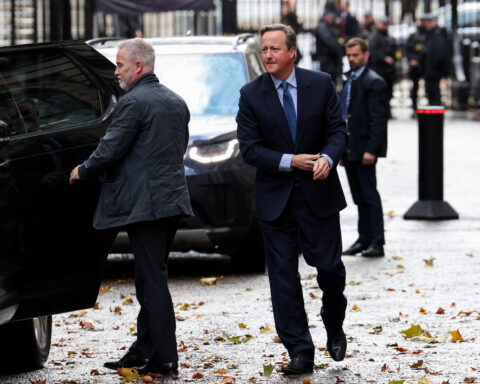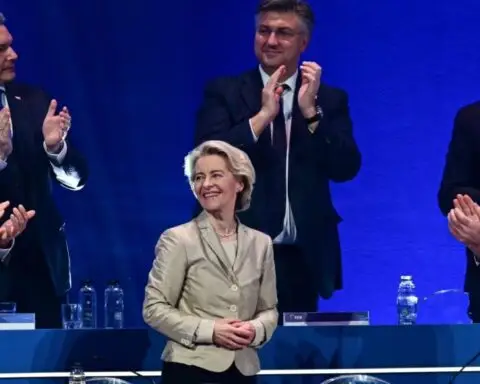- What is the Brexit Adjustment Reserve
The Brexit Adjustment Reserve will provide support to Member States, regions and sectors, in particular those that are worst affected by the adverse consequences of the withdrawal of the UK from the Union, mitigating thus its impact on economic, social and territorial cohesion. It will contribute to specific measures set up by the Member States to help businesses and economic sectors, workers, regions and local communities suffering from the impact of the end of transition period.
- Why is a Brexit Adjustement Reserve needed?
Even with the new EU-UK Trade and Cooperation Agreement in place, there will be big changes on 1 January 2021. On that date, the UK will leave the EU Single Market and Customs Union, as well as all EU policies and international agreements. It will put an end to the free movement of persons, goods, services and capital with the EU.
The EU and the UK will form two separate markets; two distinct regulatory and legal spaces. This will recreate barriers to trade in goods and services and to cross-border mobility and exchanges that have not existed for decades – in both directions, affecting public administrations, businesses, citizens and stakeholders on both sides.
- Will it cover all Member States?
The Reserve will cover all Member States. Its allocation method, architecture and functioning are designed in order to allow the concentration on those that are worst affected.
- How much money will it make available?
The maximum amount available will be €5 billion (in 2018/constant prices; EUR 5.37 billion in current prices). It will be set up as a special instrument outside of the EU budget ceilings of the Multiannual Financial Framework 2021-2027.
- How will the resources be distributed?
The support will be disbursed in two allocation rounds. The first, more substantial one will be activated in 2021 in the form of pre-financing, whereby an amount per Member State will be determined based on an allocation key taking into account the relative degree of economic integration with the UK, including trade in goods and services. An additional amount will be allocated to reflect the losses that some Member States will suffer from the limitations in accessing the UK waters for fishing activities.
The second payment round will be disbursed in 2024 in the form of additional contribution based on the expenditure incurred and declared to the Commission, taking into account the use of the pre-financing. If this expenditure exceeds both the amount of the pre-financing and 0.06% of the nominal GNI of 2021, the Member States will receive an additional amount from the Reserve.
- What types of measures will the Reserve finance and over what period of time?
The Reserve will support measures specifically set up in relation to the withdrawal of the UK from the Union. They can include the following:
- support to economic sectors, business and local communities, including those dependent on fishing activities in the UK waters;
- support to employment and reintegration in the labour market of citizens returning from the UK, including through short-time work schemes, re-skilling and training;
- ensuring the functioning of border, customs, sanitary and phytosanitary and security controls, fisheries control, certification and authorisation regimes, communication,information and awareness raising for citizens and businesses.
The eligibility period for the expenditure starts on 1 July 2020 and will run for 30 months in order to give the possibility and the flexibility to the Member States to design and implement the necessary measures aimed at stemming the immediate impact of the withdrawal.
- Will the fisheries sector receive support from the Reserve?
It is clear that the withdrawal of the UK from the EU poses specific risks to the fisheries sector in terms of less favourable access to the UK waters. The proposal reflects this reality in the way the resources of the first disbursement are allocated among Member States. It is up to Member States to design the support measures targeting the sectors and communities most affected.
- How will the Commission and the Member States make sure that the resources from the Reserve are spent efficiently and effectively?
The budget allocated to the Reserve will be implemented under shared management with the Member States, guaranteeing full respect of the principles of sound financial management, transparency and non-discrimination and the absence of conflict of interest. The Commission’s proposal sets out clearly the responsibilities for the Member States and a set of requirements for the bodies responsible for the management, control and audit of the financial contribution under the Reserve. In doing so, it strikes the right balance between legality and regularity of expenditure on the one hand and simplification on the other, ensuring that the Brexit Adjustment Reserve can be made available as soon as possible to address the immediate consequences of the withdrawal.
In addition, in order to avoid extra financial and administrative burdens on the Member States, Member States could also roll over existing systems already used for the management and control of cohesion policy funding or the European Union Solidarity Fund.
- For More Information
IP: Withdrawal of the UK: the Commission proposes the creation of a Brexit Adjustment Reserve






